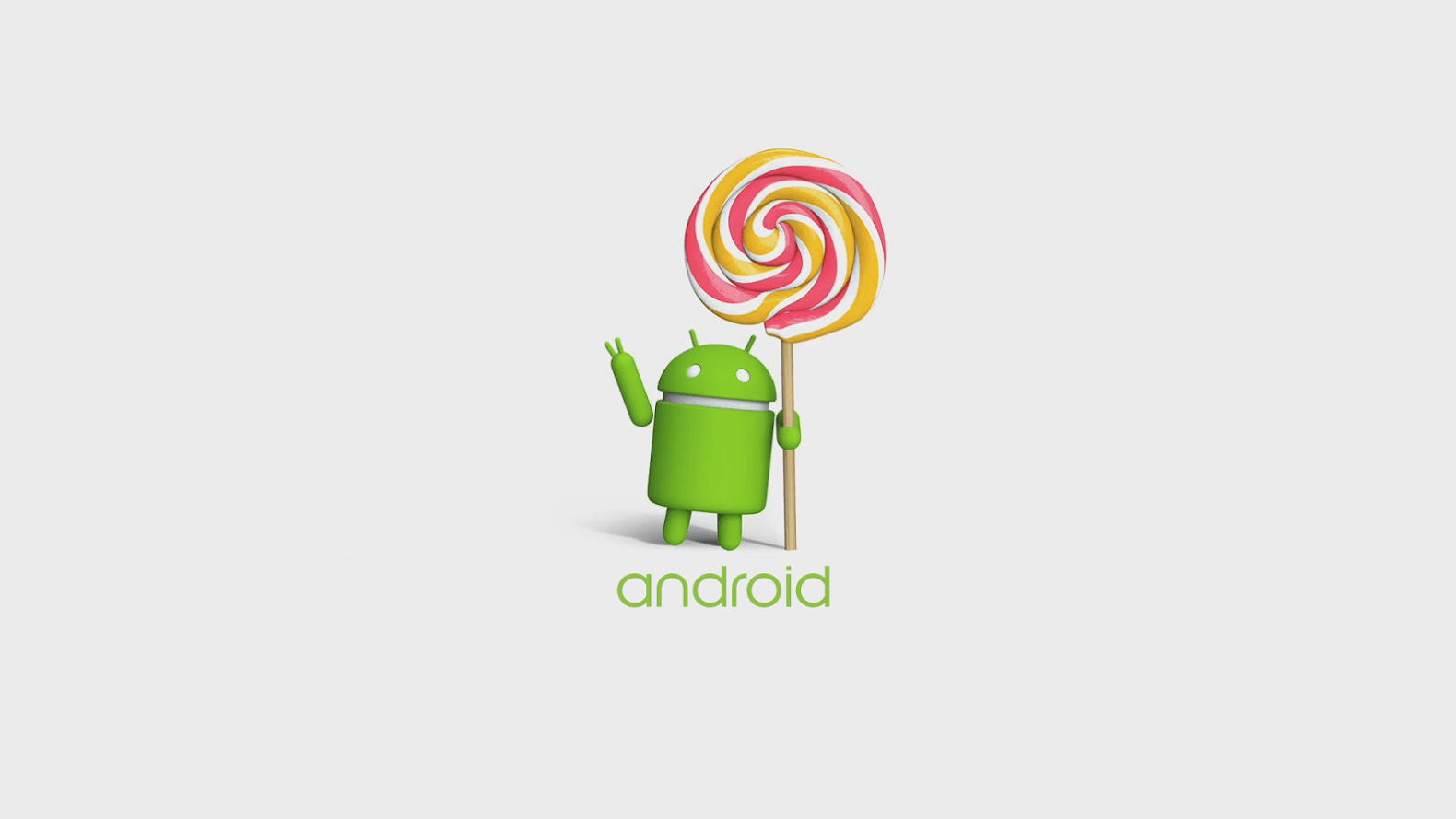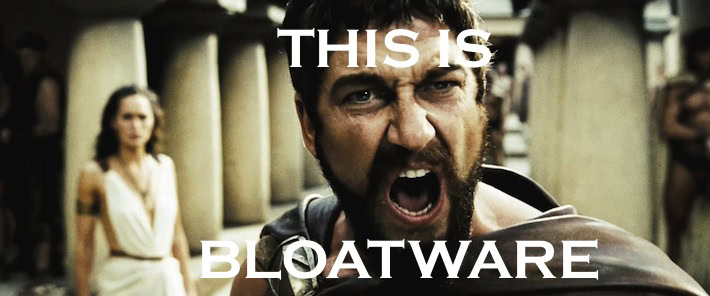Affiliate links on Android Authority may earn us a commission. Learn more.
Lollipop will try to make it easier to control pre-installed bloatware
Published onOctober 30, 2014

Several months ago, Strategy Analytics released the results of a study which showed that few, if anyone, use the large amount of bloatware that companies like Samsung include on their handsets. As the study showed, US users spent just six seconds on Samsung bloatware and many times that number was due to people accidently clicking on the bloatware app.
Just last year, Verizon received criticism for issuing an update to the Galaxy S3 that also involved installing a bloatware application called “Caller Name ID” which allowed people to change what name others see for a $2.99 monthly fee. Going back to 2010, Verizon received even more criticism for forcing some (not everyone) to use the Bing search engine when using the Samsung Fascinate. It didn’t help things that select phones were also configured to use Verizon’s VZ Navigator service for $10 a month rather than the free and better Google Maps.
Now, we are learning about a new feature that will be found in Google’s Android 5.0 Lollipop for several Nexus and Google Play Edition devices. Lollipop will have a “Play Auto Installs” feature that controls carrier carrier bloatware. In an interview with Ars Technica, Google’s Gabe Cohen stated that bloatware apps will not be on the system partition and that they can be removed by the user.
Burke: So the idea is as part of setup, Verizon might have some apps that you want like an app that tells you how much you used that month in terms of charges. There’s legitimate use cases where you want apps, but you also want those apps to be treated like any other app. What happens now is when you’ve got a Verizon SIM in the device, it actually installs Verizon apps as part of the setup flow, and then you can remove them if you want as part of the Play Infrastructure. And Verizon can update it.Cohen: They’re not on the system partition.Ars: Oh ok, so you can remove them?Cohen: Yes.
Granted, this does not mean that users will be able to completely delete any apps that they want. Carriers still will have a say in this matter which should worry us as they likely will not want customers to take advantage of this feature.

Let’s remember that Verizon is the same carrier who in 2012 spent months proclaiming how they loved open devices and platforms and followed that up by being the only carrier to lock the Samsung Galaxy S III boot loader, which restricted a consumer’s ability to remove the bloatware Verizon placed on it. To make matters worse, Verizon’s Support Twitter account tried to blame Samsung for the locked feature but then eventually deleted the tweet.